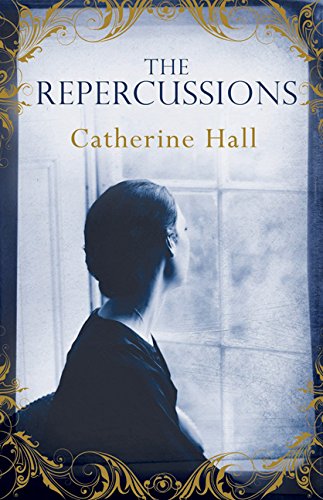The Repercussions
War photographer Jo returns from an assignment in Afghanistan and hides herself away in the flat in Brighton she has just inherited from her Great Aunt Edith. Ill and traumatised, she begins to read Edith’s mother’s First World War diary and becomes drawn into the story of a young nurse working with Indian Army casualties being treated in the Brighton Pavilion, which has been converted into a hospital for the duration. As she narrates her own story to her lost love, Susie, she also becomes drawn into Elizabeth’s and finds parallels between her life and Edith’s mother’s.
Ultimately an optimistic story, in which Jo’s freedom to live the life she chooses is so much greater than Elizabeth’s, this novel is driven entirely by its mission to address a range of issues to do with women’s rights, gender politics and the legacy of empire. It has little in the way of plot—though with quite a rabbit-out-of-the-hat ending. The story conceit, in which the heroine inherits a property and discovers a mysterious document, is far from original, and the writing style is occasionally clichéd. Its power, which is considerable, however, lies in its exposure of the struggles of social groups whose lives are often invisible to us, particularly those of the soldiers who came to Europe from the outposts of Empire to fight a war which really wasn’t theirs and of women today living in repressive Islamist regimes.
An undemanding read, but with a powerful and uncompromising message.










